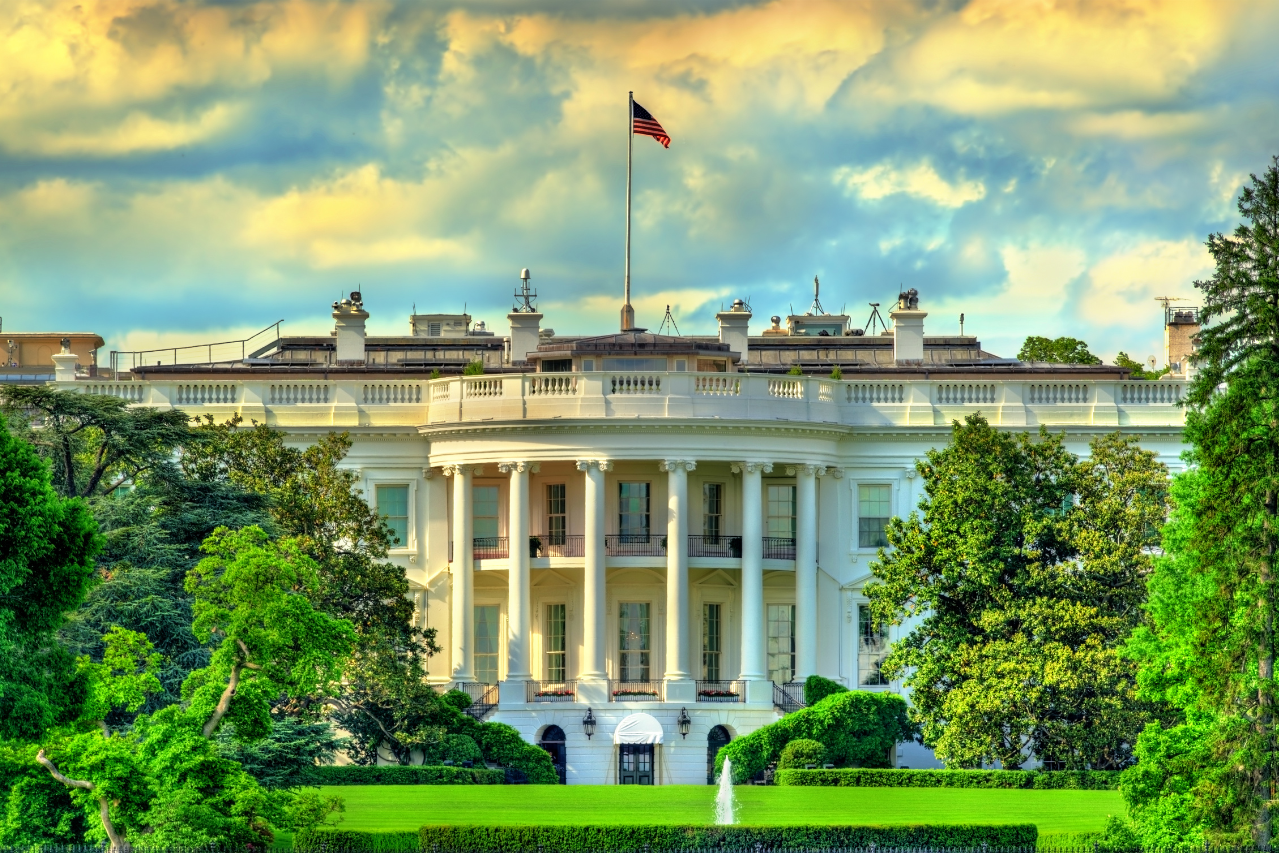Social media has become a significant factor in the mental health challenges faced by today’s youth. One major issue is cyberbullying, where children are exposed to harassment, intimidation, or humiliation by peers through online platforms. This pervasive problem has been linked to increased anxiety, depression, and even suicidal ideation in young users.
Another critical concern is the phenomenon of social comparison. Social media platforms often promote unrealistic beauty standards and lifestyles, leading to low self-esteem, body image issues, and feelings of inadequacy among young users. The curated, idealized content children consume online can distort their self-perception and increase pressure to conform to unattainable ideals.
Australia has enacted a pioneering law prohibiting children under 16 from accessing social media platforms such as Facebook, Instagram, TikTok, Snapchat, and X (formerly Twitter). This legislation, passed by both houses of Parliament, is among the strictest globally, imposing fines up to A$49.5 million (approximately US$32 million) on companies that fail to enforce the ban.
Implementation Timeline and Enforcement
The law includes a one-year transition period, allowing social media platforms to develop and implement age-verification systems to prevent underage users from creating accounts. Companies are expected to take “reasonable steps” to ensure compliance, though specific methods are not mandated, providing flexibility in how they achieve this goal. Failure to comply may result in substantial fines, emphasizing the government’s commitment to safeguarding young users.
Exemptions and Scope
The legislation does not target parents or children for punishment; instead, it holds social media companies accountable. Platforms primarily used for educational purposes, such as YouTube and Google Classroom, as well as messaging apps like WhatsApp, are exempt from this ban. This approach aims to balance protecting children from potential online harms while preserving access to essential educational and communication tools.
Rationale Behind the Legislation
Prime Minister Anthony Albanese emphasized that the law addresses growing concerns about the negative impact of social media on young people’s mental health, including issues like cyberbullying and exposure to harmful content. The government aims to create a safer online environment for children, reflecting a proactive stance on digital well-being.
Public and Industry Response
The legislation has garnered significant public support, with polls indicating that 77% of Australians favor the ban. The design of social media platforms encourages prolonged engagement, making them highly addictive. This constant screen use can disrupt sleep patterns, reduce meaningful face-to-face interactions, and increase feelings of loneliness and social isolation. Younger users are particularly vulnerable to these effects, as their habits are still forming.
However, it has faced criticism from privacy advocates and child rights groups, who argue that it may lead to increased data collection and potentially isolate vulnerable youths who rely on online communities for support. Industry representatives have expressed concerns about the feasibility of implementing effective age-verification systems within the given timeframe.
Global Context
Australia’s move sets a precedent as one of the most stringent regulations targeting Big Tech regarding youth access. While countries like France and some U.S. states have enacted partial restrictions requiring parental consent for minors, Australia’s outright ban is unprecedented. This legislation may influence other nations to consider similar measures to protect children online. The success of this initiative will depend on the effective implementation of age-verification systems and the ongoing dialogue between the government, industry stakeholders, and the public to address concerns and ensure the law’s objectives are met.




